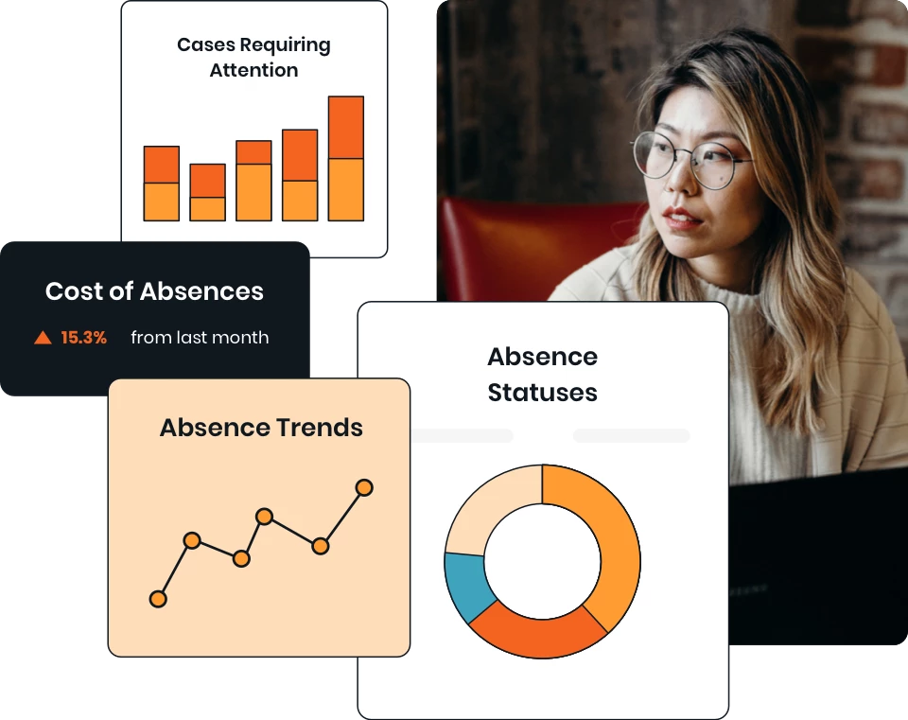In late 2021, AbsenceSoft added Presagia’s strong expertise and capabilities to its best-of-breed product suite. Our experts can’t wait to show you how AbsenceSoft’s purpose-built, easy-to-use software elevates the leave and accommodations experience for your leave team and entire organization.
What we’ll go through together:

